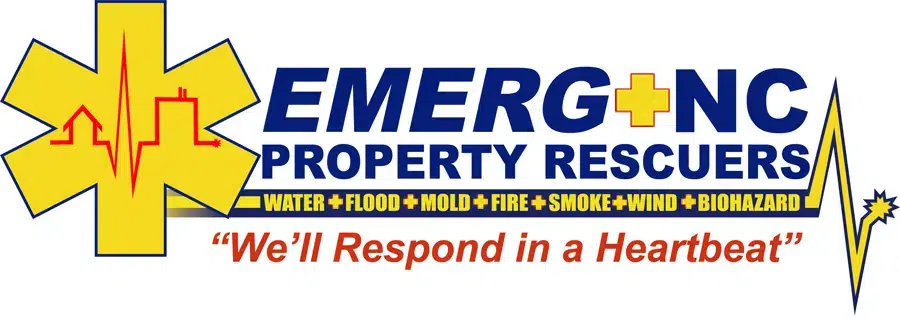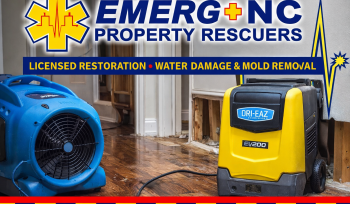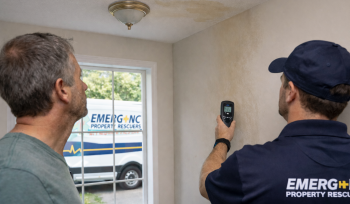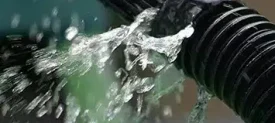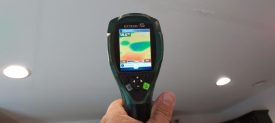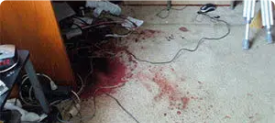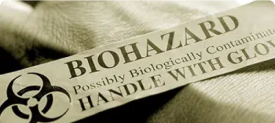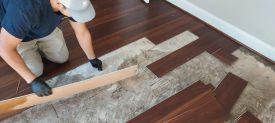When your home suffers damage, you may wonder if it’s covered under your insurance policies. For example, you may want to know if the water damage in your basement is covered, or if the dent in your fender from a parking-lot incident can be claimed.
When consumers discover phone inquiries are on their records — usually as they’re shopping around for new insurance — they often express “outrage and surprise,” says Doug Heller, Executive Director of Consumer Watchdog, a consumer-advocacy group. “The problem with this practice is that it really makes people with legitimate claims uneasy about talking to their insurer,” says Heller. “When you don’t deal with smaller problems because you’re afraid of making an inquiry, you potentially create larger problems. You should have the right to understand the value and utility of an insurance policy without being dinged for asking a question.”
Passmore points out that some phone inquiries can protect your interests. For example, say another person causes damage to your car and you call your insurance company to inquire about coverage. In this case, you might decide to make a claim with the offender’s insurance company (called a third-party claim). Your “insurance company takes a record in case other company tells you to take a walk,” says Passmore. If that happens, you could then make the damage claim through your own insurer.
It’s unclear whether a paid claim looks different from a phone inquiry on your C.L.U.E. report. LexisNexis did not respond to repeated requests for a sample C.L.U.E. report showing phone inquiries. But your own report doesn’t have to be shrouded in secrecy. Under the Fair Credit Reporting Act, you’re entitled to request your own C.L.U.E. Report.

Damage control
Unfortunately, there’s not much you can do about it. “If it did happen, you can’t erase it,” says Bob Passmore of the Property Casualty Insurers Association of America, an industry trade group. If there’s incorrect information in your C.L.U.E. report, you are entitled to a correction. But if you made the phone call, and suffered the damage, insurers will keep a record of it.|
If there’s incorrect information in your C.L.U.E. report, you are entitled to a correction. |
